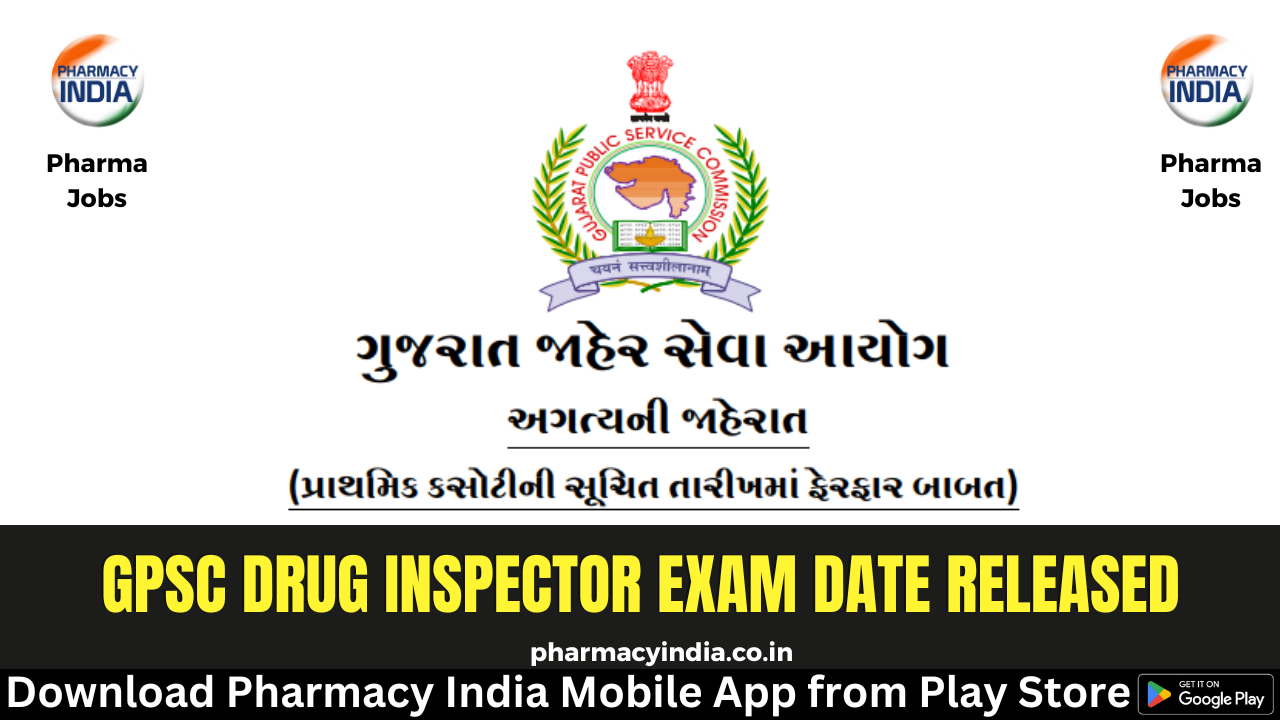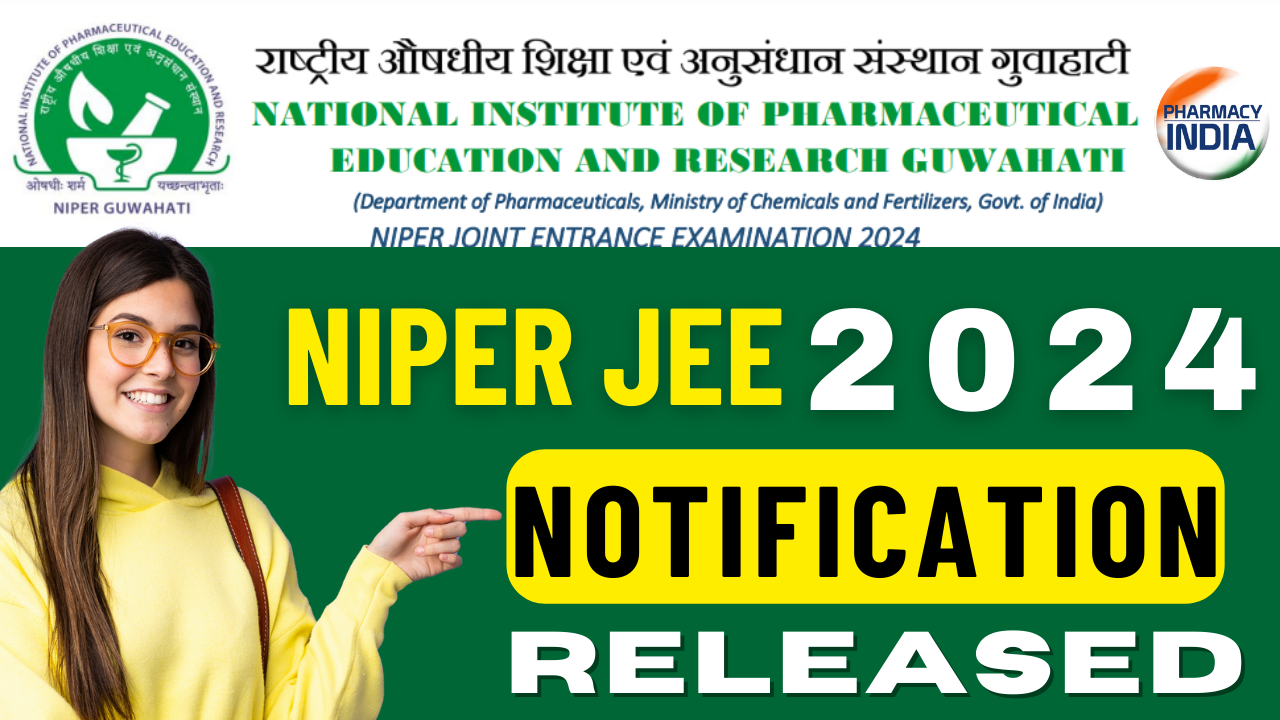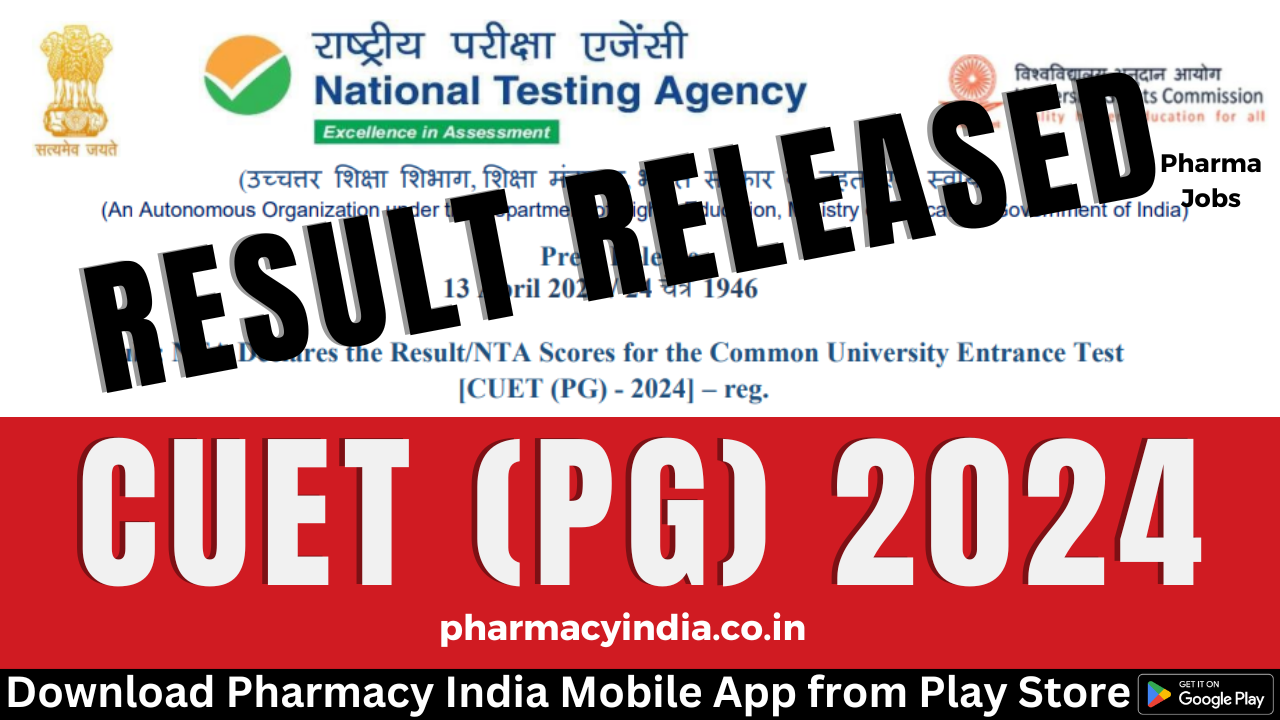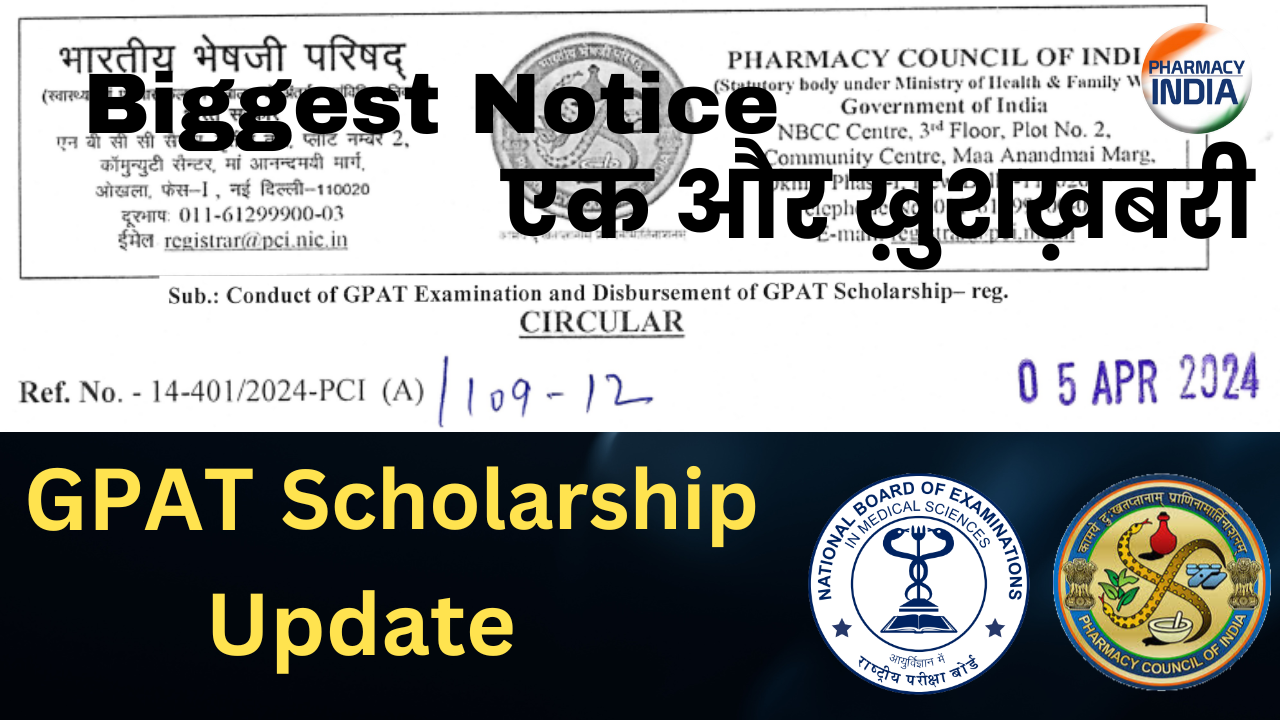The Pharmacy Act, 1948 should be renamed as the National Pharmacy Commission Act, 2023, according to a suggestion made to the government by the Karnataka State Registered Pharmacists Association (KSRPA). It should be updated to reflect changes in the pharmaceutical industry. The KSRPA believes that the Pharmacy Act of 1948 should be repealed and that a new law, to be called as the National Pharmacy Commission Act of 2023, should be drafted along the lines of the National Medical Commission Act of 2019.
The Pharmacy Act of 1948 was created with the specific intention of establishing pharmacy councils as a better means of regulating the pharmaceutical profession. While compounder training courses were the most widely used kind of pharmacy education, it worked successfully. The industry is undergoing a significant change right now. In a letter to the Union government, Ashokswamy Heroor, president of the KSRPA, stated that the Act and its terminology needed change.
The Pharmacy Council of India (PCI) has developed the Education Rules for Diploma in Pharmacy under Section 12 of the Act. There are no plans to change it. The Executive Committee appoints Inspectors to assess the applicant institutions for approval even under Section 16. However, he went on to say that a responsible, permanent Council of experts should be established for this purpose rather than designating an inspector for each application. The B Pharma, M Pharm, and doctoral programmes in pharmacy are not subject to regulation by the Pharmacy Councils. Even the pharmacy diploma has become outdated and has been eliminated in the majority of colleges. Heroor stated that we require a commission to modernise things and give the current Act a fresh look.
Moreover, a suitable provision to impose penalties on the negligent pharmacy institutions is required. This is very relevant to pharmacy school admissions. All pharmacy professionals, including the teaching staff, should have enough opportunities for in-service trainings and capacity building programmes as part of the overall shift. He highlighted that there should be adequate research facilities, foreign student and faculty exchange programmes, the most recent software advances, etc. available.
Elections for the State Councils of Pharmacy are not held on time. There is no restriction on running again for office, nomination, or appointment. The same group of persons continue in various roles. Election procedures are extremely antiquated, laborious, expensive, and fallible. This is detrimental to the pharmacy profession itself. As a result, computerised voting machines must be used in place of paper ballots. The State Councils’ inability to select Inspectors under Section 26A to properly enforce Sections 41 to 43 is another severe error on their part. Also, in accordance with Section 46, whenever Councils have financial difficulty, registration fees are raised without amending the applicable laws (1). According to Heroor, there is no competent authority to address these complaints of the Licensed Pharmacists.







